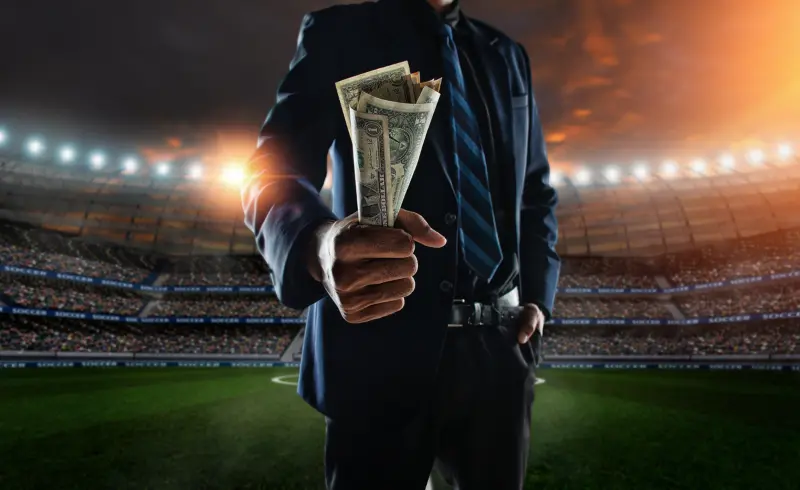It’s that time of year again. Summer is cranking up the heat for another round of ferocious, hot, sweaty days. Still, the mornings feel cool, it’s comfortable enough to open windows. Days are getting shorter.
The seasons are changing.

Football season has begun. Football consumes local news programs. Predictions, reports, recruiting analysis, touching, heartwarming stories of human-interest involving football players. Sports reporters have trouble containing their glee when talking about the potential glory. It’s a dull, throbbing, repetitive, white noise across the spectrum. All those wasted hours talking about thousands of young men wasting all that time and effort doing something so difficult that provides no real value to anybody.
And there is the money.
All that money. College coaches command unbelievable salaries. They dominate the list of highest paid state employees. In most cases it isn’t even close. These are amounts of money an average person can’t understand, can’t process the number, it’s only a word, with no real meaning. It gives a certain numb indifference. It’s easier to ignore if you can’t comprehend how much money it really is it’s easier to ignore the foolishness.
Television networks battle to offer the highest bid for broadcast rights. Athletic conferences scramble to shanghai the best teams from other conferences, in a blatant attempt to gain market share.
Recently, a group of football players at Northwestern University, brought a suit against the National College Athletic Association. They felt people were profiting off their talent, work, and ability. And they were right. They were being exploited, along with players across the country.
The presiding judge agreed.
In a move that didn’t surprise anyone the judge didn’t rule there was too much money involved already. He, or she, could have placed a limit[1] on how much a coach could make, how much money universities could spend on recruiting, stadium upgrades and athletic facilities. In a single stroke of stern, judicial parenting he could have made college sports about competition, fair-play, character development, it could have become a lesson in sportsmanship.
Ticket prices could have dropped. Concessions could have become affordable; families could go to a game and have some drinks and snacks, maybe buy a couple of hats and shirts, support your local school. They could still afford to pick up some groceries.
Instead, we were given NIL, Name, Image, and Likeness. Student(?) athletes could get paid for promotional appearances or endorsements. Smile for the camera, there’s a nice paycheck in it for you. More money injected into a system where wealth was already the only goal. Sure, it was wrapped in talk of championships and athletic achievement, but it was always about the money.
On the local newscast this morning there was a commercial for Ford pickup trucks. It featured the owner of a large, local car dealership, grinning insincerely, his voice loud with an unusual cadence, and boasting what a great deal his company was willing to offer. Behind him, and standing on either side of the pickup, were several young men wearing football jerseys from the local university. They were grim and serious. Each player had a hand on the truck. It was the snapshot of the end, an omen, a harbinger, four college athletes trying to sell a pickup. Years of training, dedication, summer camps, two-a-days sweltering in the August heat, they had suffered the humiliation of being paraded like a piece of meat to cannibalistic recruiters from all over the country, all for the privilege of making a little coin standing beside a pickup truck while a man trying his best to be a caricature of a televised car salesman talks about low monthly payments, and irresistible interest rates.
What comes next, promotional patches for the uniforms, sponsors for the pregame introductions?
“Starting at weak side safety, six foot 1, weighing 215 pounds, Johnathon Alldridge, bought to you today by Billy’s Pub, home of the Deep-Fried Spam Sandwich.” The crowd goes wild.
Meanwhile, back on the front lines of the war on poverty if you want to buy an official jersey, and gawd knows why you would, you need to start scrimping, cut your statin doses in half, learning how to love leftover ramen for breakfast. And, if you want to go to a game, well you might as well forget that, if you have to ask you can’t afford it.
I’ve never studied economics, I just kind of assumed other people were paying attention, and I could drink a little beer and things would work out. Obviously, I was wrong. It seems as if there is only so much money, and the more of it one group has the less left for other groups. Maybe the IRS should investigate this theory. College sports absorb so much money, it gets worse every year. There is the entertainment value, yes. But, it has grown beyond a game, it has become a monster, swallowing all the cash it can. Obscene, indifferent, mean in its avarice, and callous in its complete disregard for the waste.

